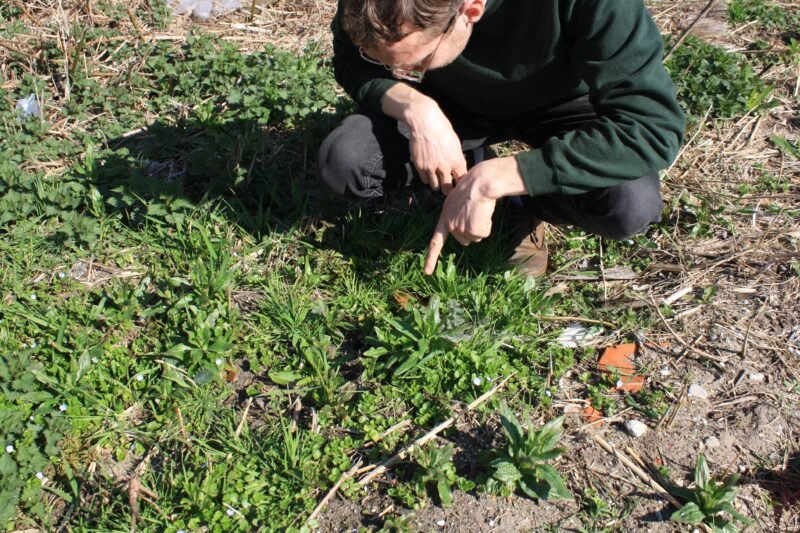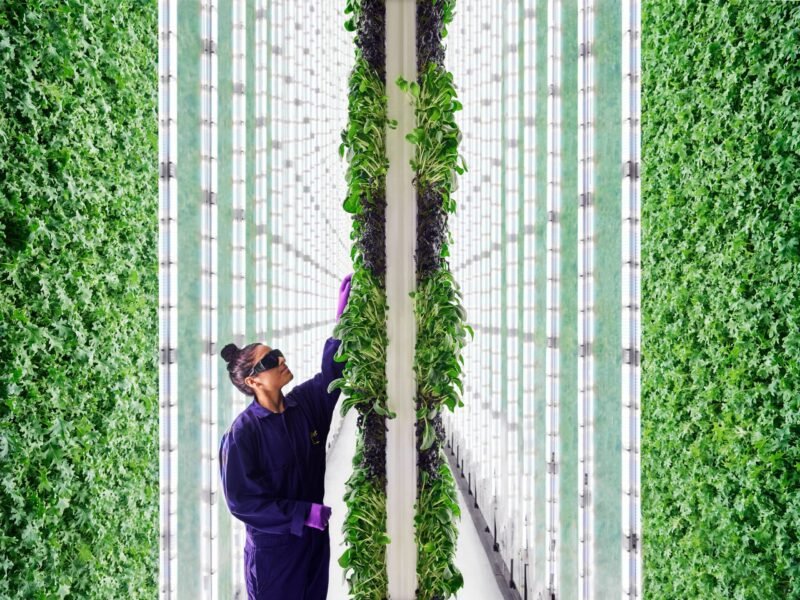Augmented Foraging With Boskoi
 Everywhere in the world you can find plenty of remarkable fruits, vegetables, mushrooms and herbs in the wild. Not only in the forests of Africa, but also in metropolitan areas around the world an enormous variety of edible species can be found. Boskoi is a new open source project that aims to unlock the collective knowledge about these edible species and their location. Boskoi is a tool to explore and map the ‘edible landscape’ wherever you are while using your mobile phone.
Everywhere in the world you can find plenty of remarkable fruits, vegetables, mushrooms and herbs in the wild. Not only in the forests of Africa, but also in metropolitan areas around the world an enormous variety of edible species can be found. Boskoi is a new open source project that aims to unlock the collective knowledge about these edible species and their location. Boskoi is a tool to explore and map the ‘edible landscape’ wherever you are while using your mobile phone.
The app enables users to submit own findings and post these to the map. Additions to Boskoi will be reviewed by an editorial board, considering toxicity, pollution and endangered or rare species. Findings can be reported on the website or through the beta app for Android phones. The team has set up some rules though to respect nature, ownership and health: (1) be friendly (ask permission if ownership is unclear), (2) be generous (how much do you really need? Leave most for others), (3) be alert (beware of toxicity and do not tread on other plants when picking), and (4) be careful (only add locations that are robust and can survive limited foraging).
Boskoi is a project by the Amsterdam-based foragers of Urban Edibles, initiated by research and design collective FoAM and supported by Urbanibalism and Pollinize. The app is based on Ushahidi, an open source platform for mobile phones that people in crisis situations use to report what happens. The app was built for the post-election crisis in Kenya in 2008. Ushahidi was also used to map the catastrophe in Haiti and the oil slick in the Gulf of Mexico. For Boskoi “report an incident” is changed to “report a find”. The app aims to highlight what is growing and living in our daily environment as it stresses the quality of the eco system close to the city. The makers of the app found out that the diversity of plants in The Netherlands is higher in the urban than in rural areas. The idea of Boskoi is to develop new networks between people and their living environment through ‘augmented foraging’.

In several countries online mapping networks regarding freely available fruits and vegetables are already running, for instance the Urbana-Champaign Fruit Map. To combine the data collected by all of these ‘sidewalk harvesting’ projects, the initiators of Boskoi are planning to create a ‘Forage Markup Language’ in order to make the knowledge available to everyone. Another future innovation could be a culinary plug-in with special recipes.



